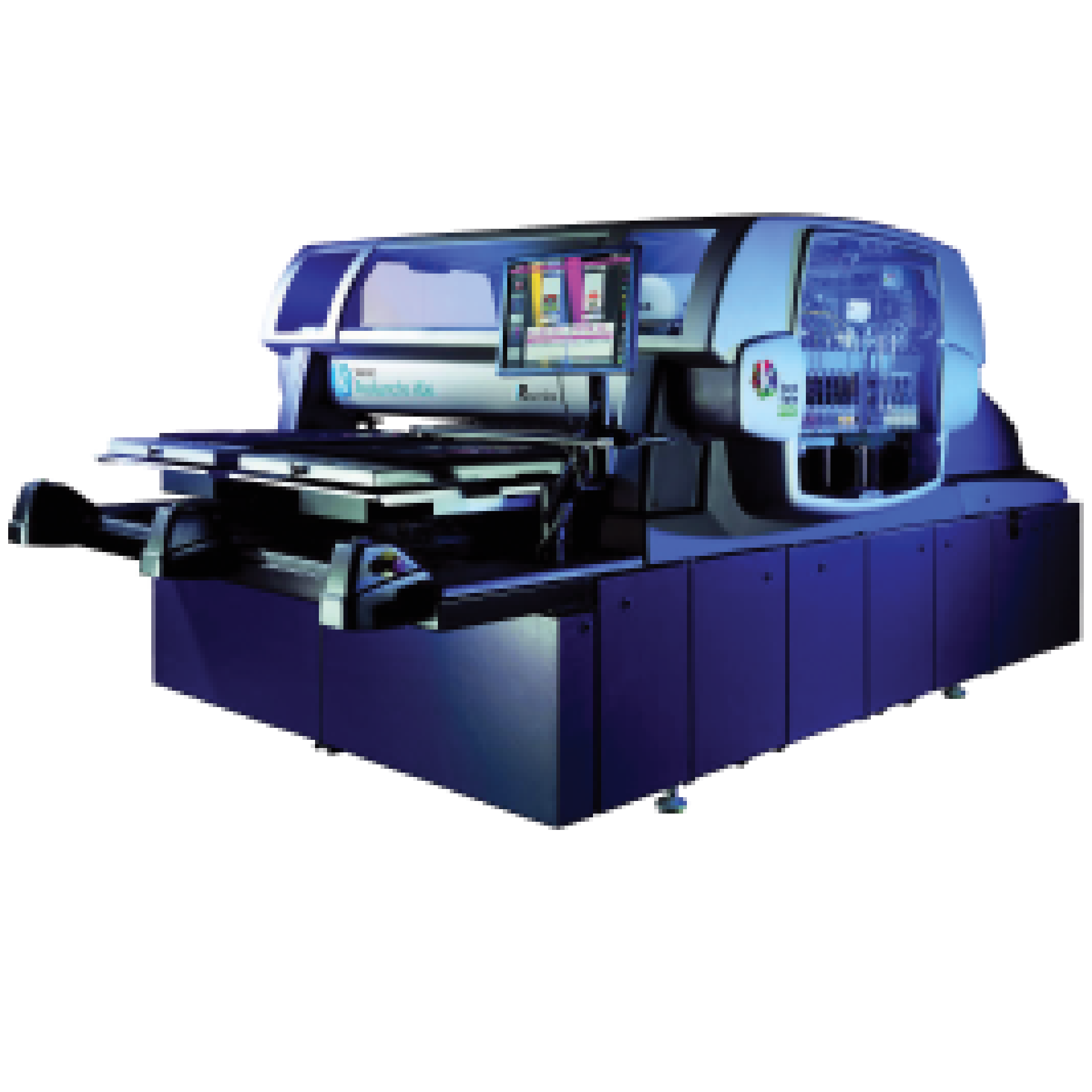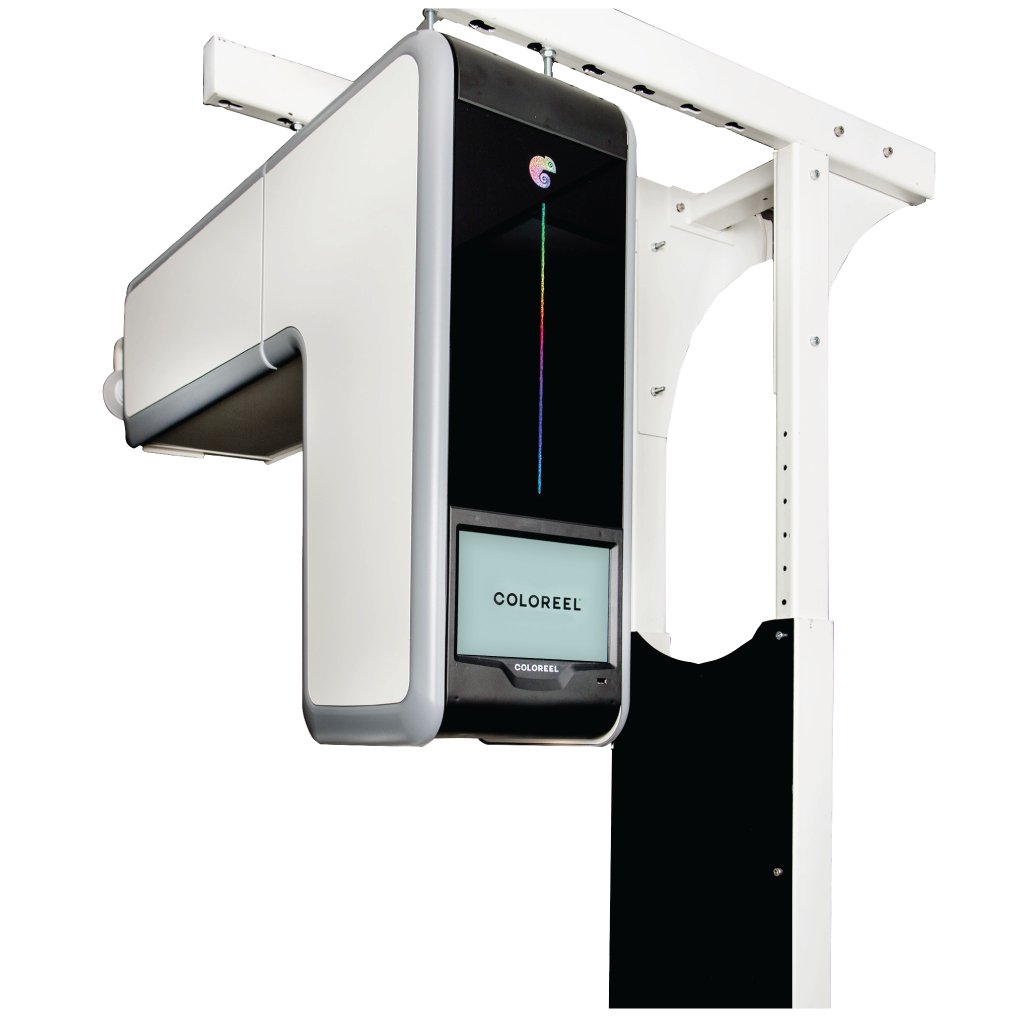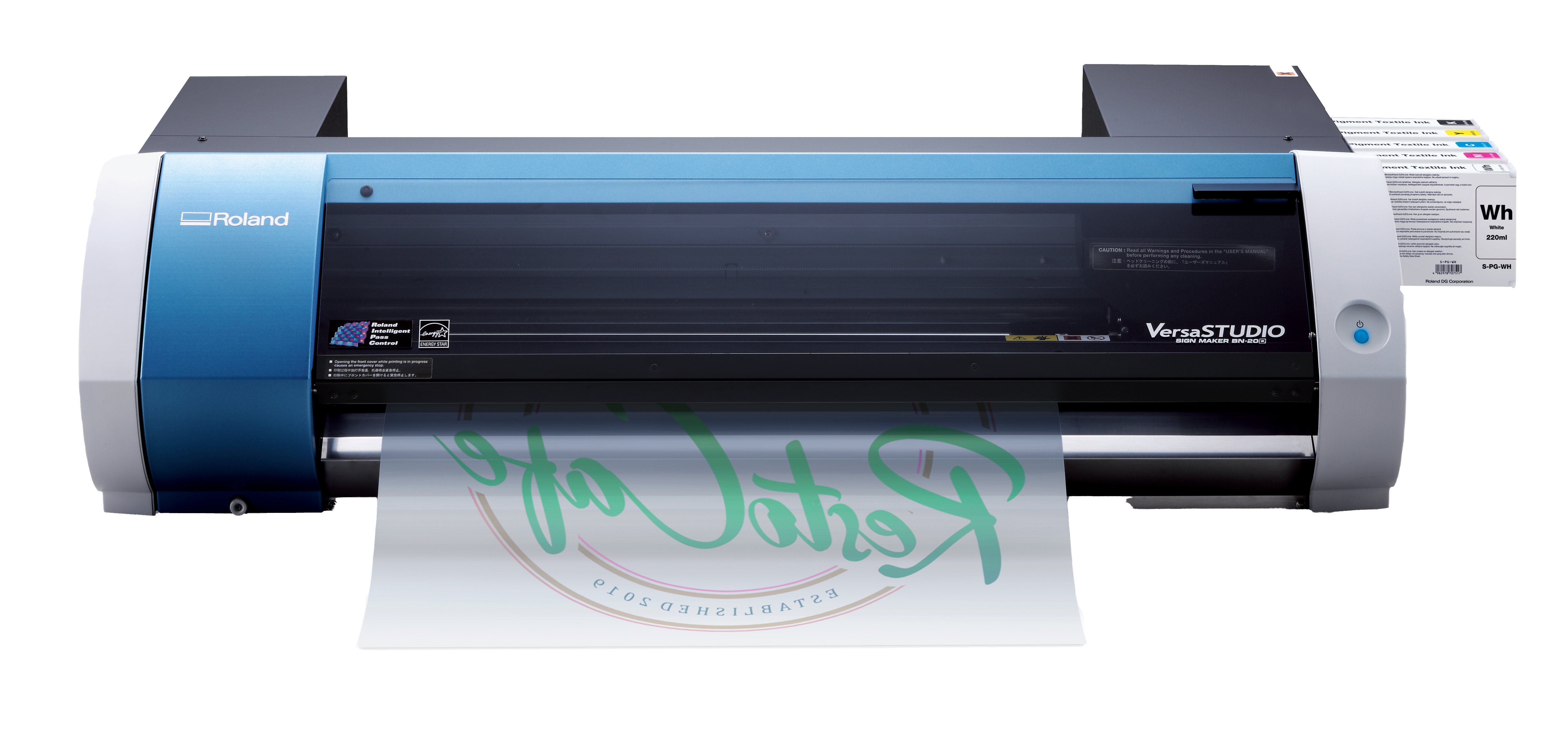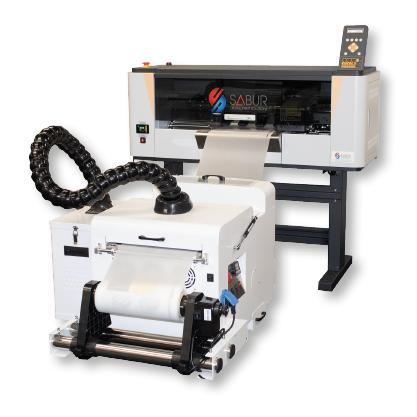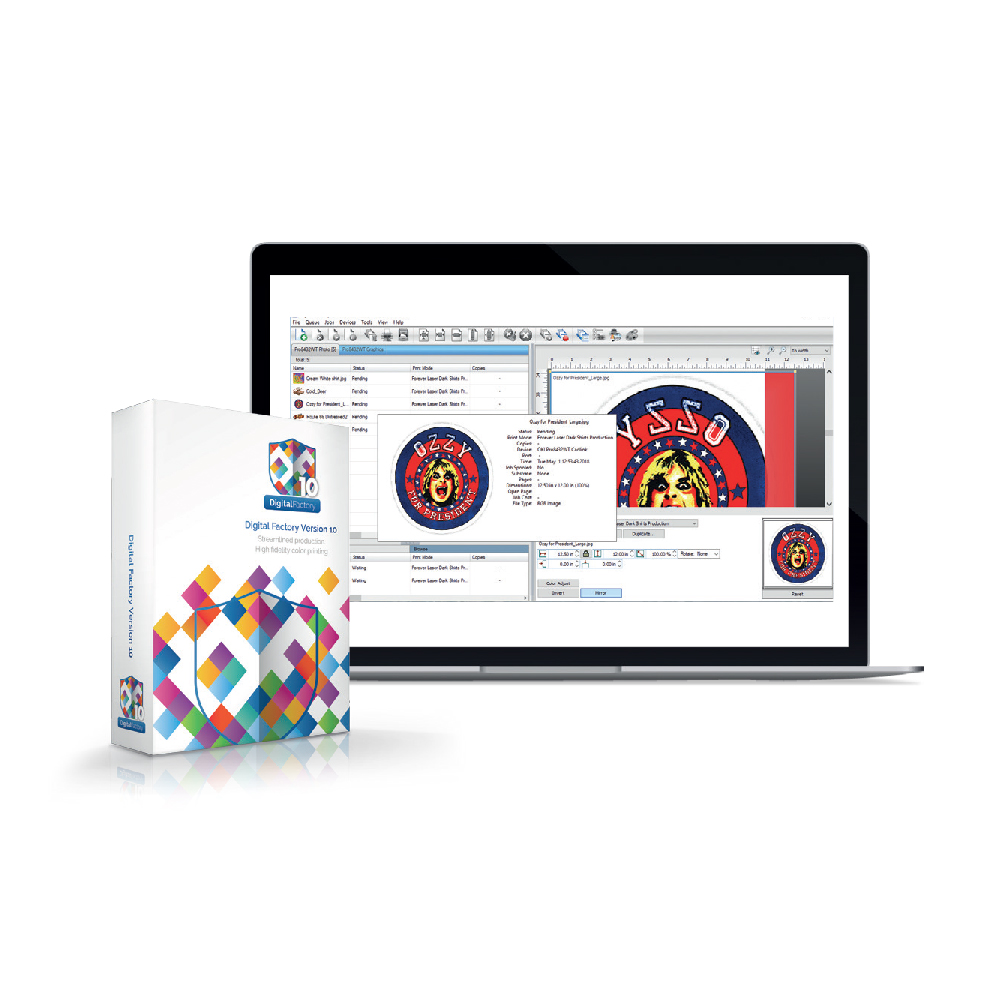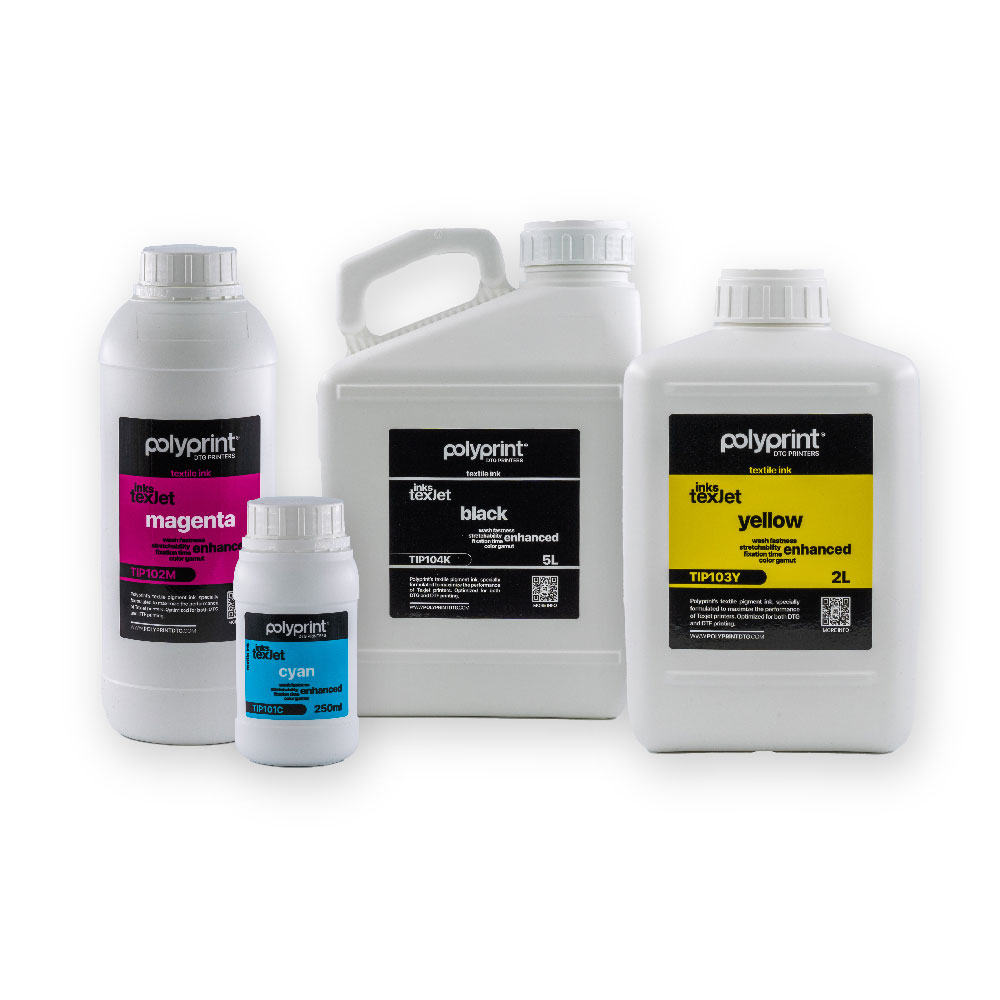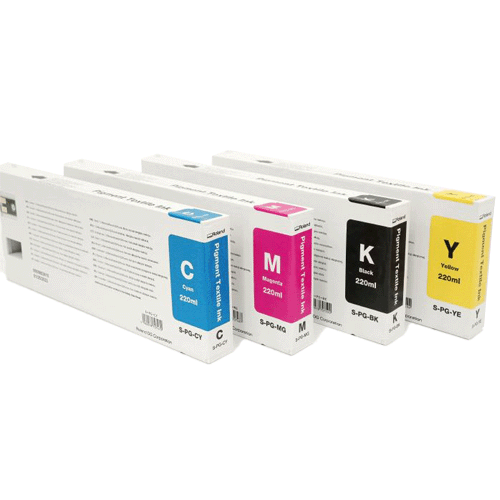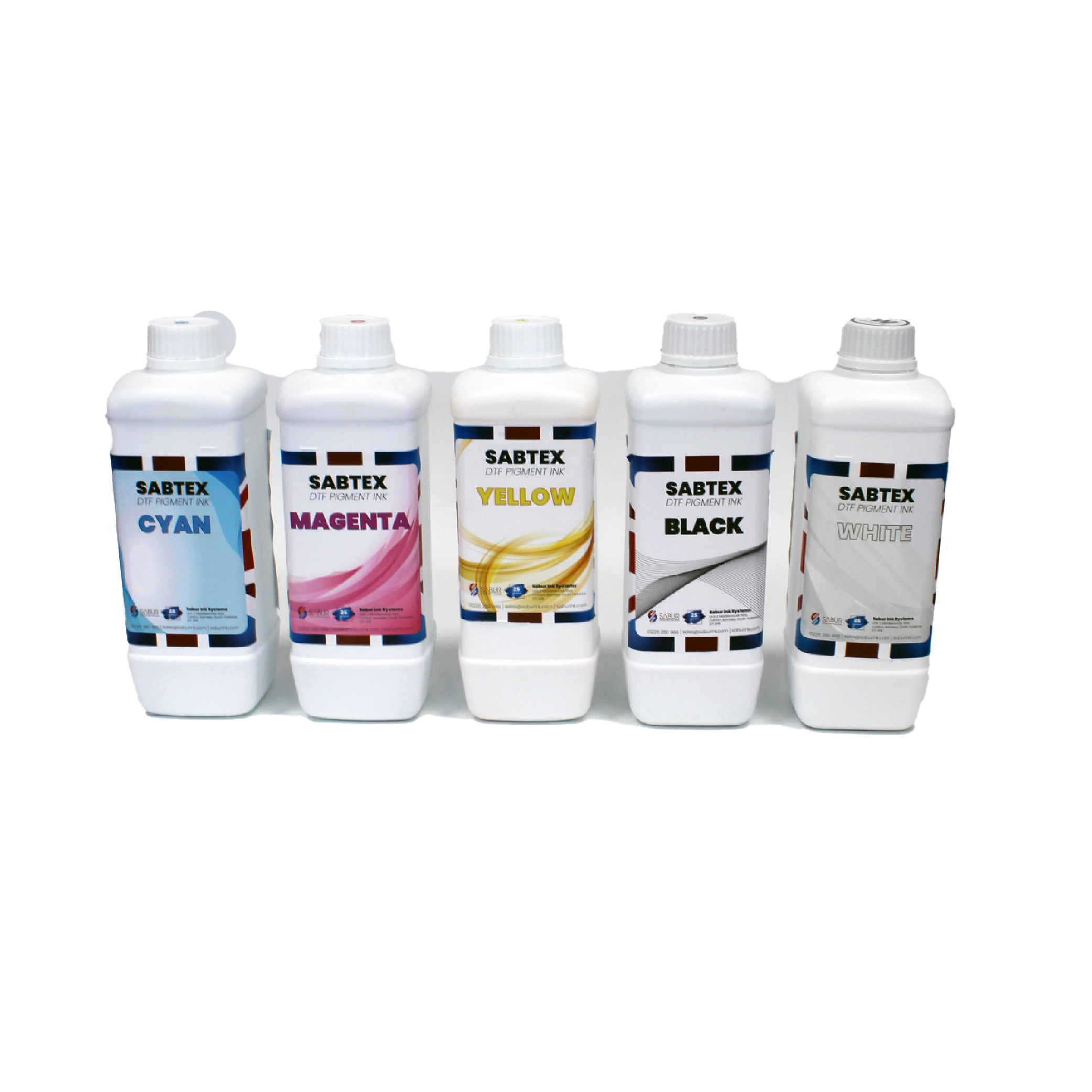Thread Types
Thread Types
Thread comes in many styles, weights, and compositions. Understanding the differences can help determine the appropriate thread for the job.
NOTE: Manufacturers and suppliers often have fact sheets with sewing tips, design settings, and needle recommendations on their websites. This is very useful in learning to use a variety of thread types.
Thread comes in a few compositions. These have different properties that can drastically affect sewing and quality.
Video Demonstration:
Polyester
Polyester thread has become the standard thread for Melco embroidery machine users.
- Stronger than other threads
- Fewer thread breaks when sewing
- Colourfast and resistant to chlorine making it ideal for garments that are washed frequently. It is perfect for uniforms and corporate apparel.
- Comes in a wide variety of colours
NOTE: Polyester thread is recommended for use with your machine to achieve full sew speed and prevent thread breaks.
Metallic
Metallic threads are often used to add a bit of sparkle to a design.
- High sheen or sometimes a matte finish
- Can be more problematic to sew with
- Requires lighter densities and longer stitch lengths
- Usually requires slower sew speeds and larger needles
Wool/Acrylic Blend
Usually a heavier thread, these threads can be used for a more natural or hand look.
- Unique look
- Can be more problematic to sew with
- Requires much lighter densities and longer stitch lengths
- Usually requires slower sew speeds and larger needles
Rayon
Rayon threads are made of natural fibers and can have slightly higher sheens than polyester.
- Wide variety of colours
- Beautiful Sheen
- Less strength than polyester
- Not chlorine resistant
- Usually requires slower sew speeds
Thread Weight (Thickness)
Thread is commonly referred to by its weight. In many cases, this is a number beside the type. For example, you might find a “Poly 40”. This number usually means that it would require 40 kilometres of thread to weigh 1 kilogram. With this method, the higher the number, the thinner the thread.
- 40 weight thread is the industry standard for embroidery. Most stock designs are digitized for use with 40 weight.
- 60 weight thread is excellent for fine details and small lettering.
- 12 weight thread is very thick and can work well for a hand embroidery look.
Each thread weight will require different needles and design specifications.
